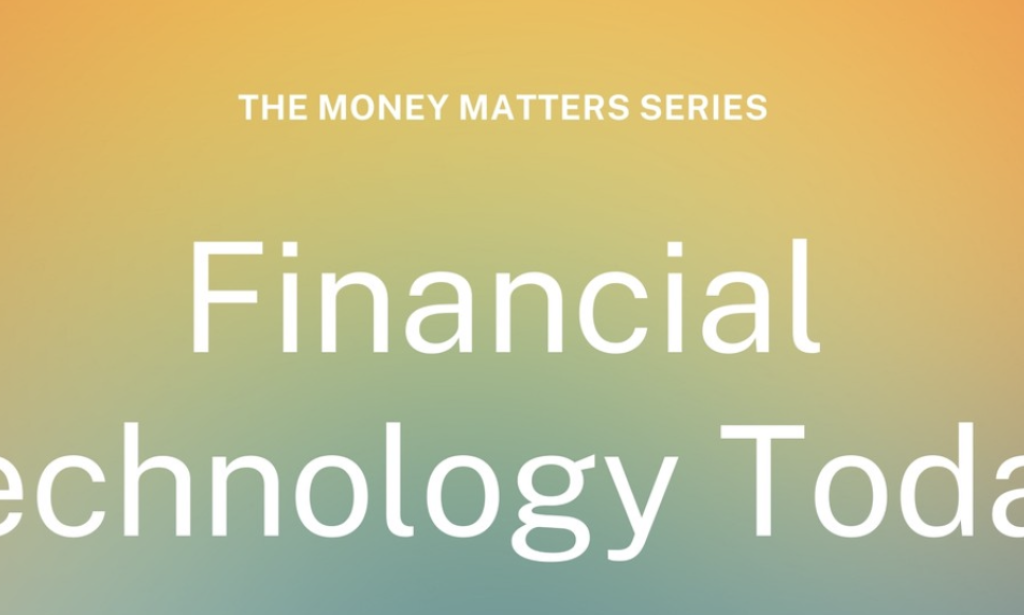Introduction
In today's ever-changing financial landscape, the rise of financial technology, or Fintech, is reshaping the way traditional financial services operate. Fintech serves as the meeting point where advanced technology intersects with the complex world of finance, resulting in groundbreaking solutions that transform how we handle, invest, and conduct transactions.
The Fintech scene encompasses a variety of technologies such as artificial intelligence, blockchain, data analytics, and mobile applications. These technologies have not only disrupted conventional financial models but have also given rise to nimble new players in the industry. From digital banking platforms and peer-to-peer lending to robo-advisors and blockchain-based cryptocurrencies, Fintech innovations have made their mark across different aspects of the financial ecosystem.
Recognizing the significance of Fintech innovations is crucial, given their pivotal role in addressing persistent challenges and inefficiencies in traditional financial services. The integration of technology into finance has led to increased efficiency, cost reduction, improved accessibility, and enhanced user experiences. As a result, Fintech has democratized financial services, making them more inclusive and accessible to previously underserved populations.
Implications for the Fintech industry and stakeholders are profound. Traditional financial institutions are challenged to adapt to the rapidly changing environment, prompting digital transformations, disintermediation, and decentralization. Partnerships and collaborations between established institutions and Fintech startups are on the rise, fostering a culture of continuous innovation.
The global regulatory landscape emerges as a critical factor influencing Fintech growth. Regulatory frameworks vary worldwide, presenting challenges in cross-border transactions and adapting to emerging technologies. Successful regulatory approaches, as exemplified by Singapore, the United Kingdom, and Australia, highlight the importance of global collaboration, standardization, and agile frameworks.
Challenges and risks faced by Fintech companies include regulatory compliance, customer trust, integration with legacy systems, market saturation, and cybersecurity threats. Mitigating these challenges demands proactive regulatory compliance, education and communication strategies, collaboration and partnerships, continuous technological innovation, comprehensive cybersecurity measures, and robust risk management protocols.
Looking towards the future, predictions include the continued evolution of blockchain and cryptocurrencies, increased integration of AI and machine learning, the rise of digital banking and neo- banks, growth in embedded finance, and advancements in regulatory technology. Potential areas of development emphasize financial inclusion, streamlined cross-border payments, sustainable finance, enhanced cybersecurity measures, and educational initiatives for improved financial literacy.
Suggestions for further research in the field of Fintech innovations revolve around exploring the evolving role of blockchain and cryptocurrencies, delving deeper into the impact of AI and machine learning on personalized financial services, examining the dynamics of digital banking and neo-banks in traditionalfinancial markets, and assessing the long-term implications of embedded finance on consumer behavior and industry competition.


You must be logged in to post a comment.